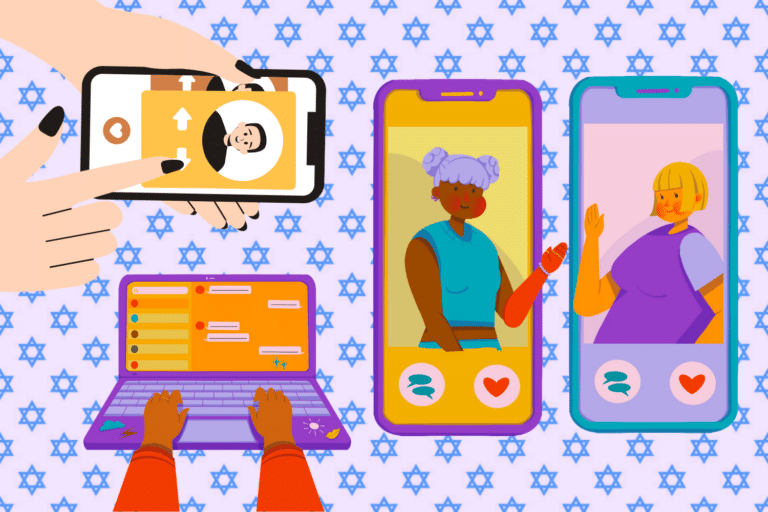
This article is part of Unpacked’s Gen Z Voices series, which highlights our readers’ experiences on campus or as recent graduates, cultural commentaries, and reflections on what it means to be Jewish today. Learn how to submit here.
The first time I considered adjusting my Hinge filters was Oct. 27, 2023. I had just received a lewd message on the dating app from a potential match that not only tokenized my Judaism but made a sexual joke about the ongoing Israel-Hamas war.
In the aftermath of Oct. 7, tensions surrounding the war in Gaza, as well as antisemitism, have begun to shape the dating experience for Gen Z Jews, particularly those using dating apps as a primary method of meeting potential partners. Many young Jews have reported similar experiences of increased sexualization and politicization of their Jewish identity and more fervent antisemitism and anti-Zionism on dating apps.
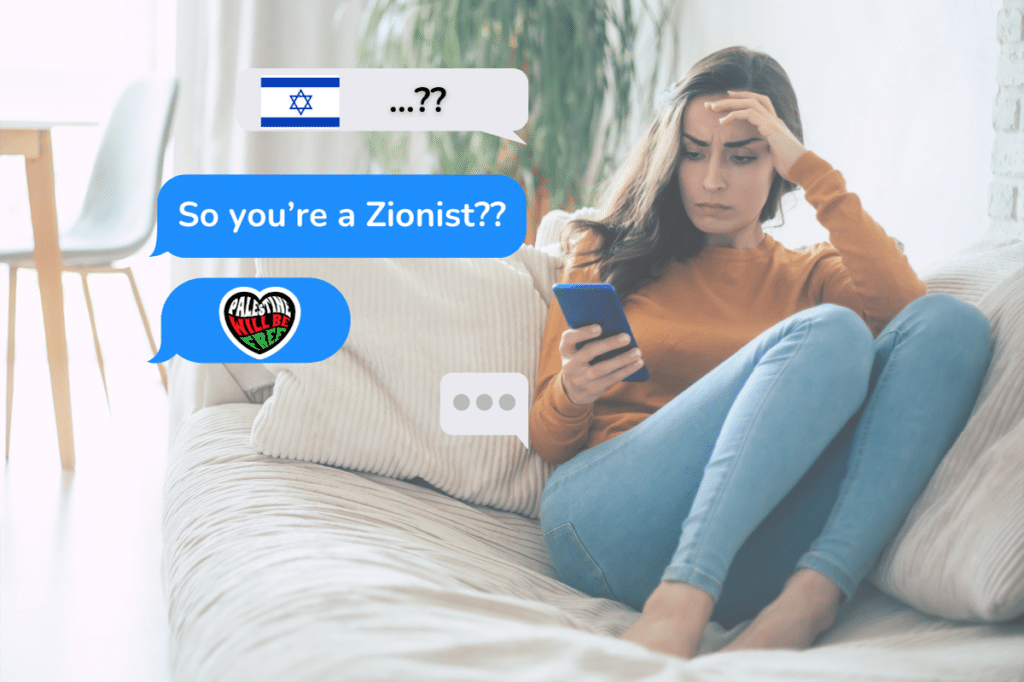
For me, as a Master’s student researching Israeli opera, potential dates tend to reveal their attitudes toward Israel to me, without ever being asked. Once, when messaging with a non-Jewish match, I mentioned that I was in the Jewish studies department. In response, they asked whether most people in my department were “pro-ceasefire” or “Zionists.”
Over the past year, messages like this on dating apps have made it clear that Israel remains on the forefront of Gen Z singles’ minds when sussing out a potential partner. For many young Jews, in particular, dating after October 7 has become increasingly difficult as a result. Unpacked spoke with four Gen Z Jews about how their dating lives have changed in the past year.
Dating apps have become difficult territory for Jewish singles
Roey, a Jewish 18-year-old entering their third year at the University of Toronto, said that their Israeli-Canadian identity has frequently led to awkward discussions and anti-Israeli comments on the apps and on dates.
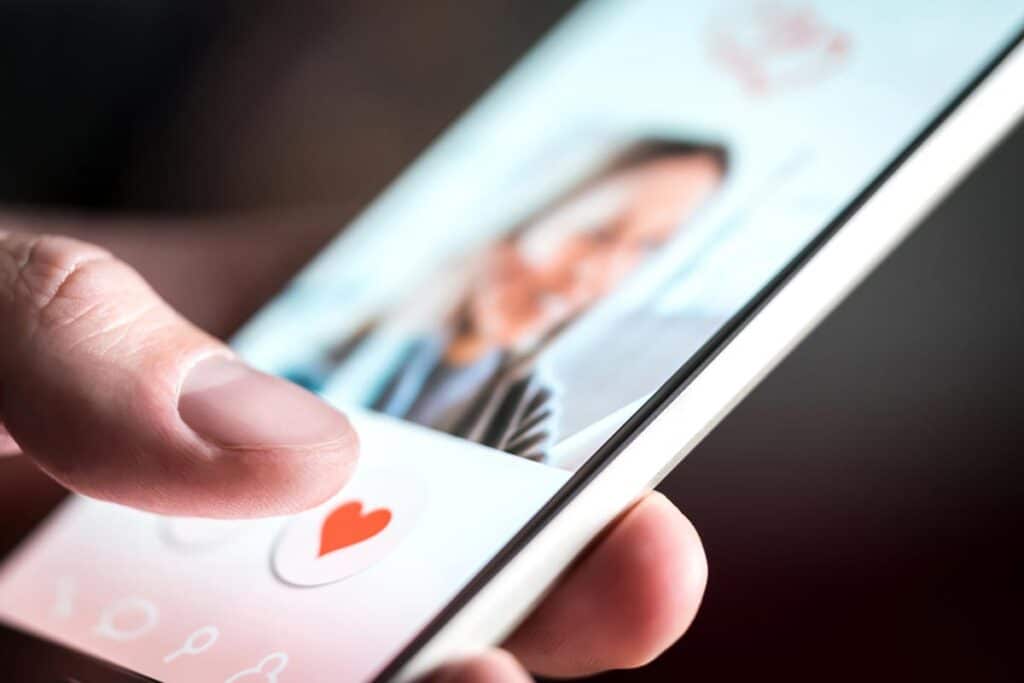
Though they began using dating apps a few weeks before Oct. 7, Roey feels that the Israel-Hamas war is sometimes an unavoidable topic of discussion, particularly because of their advocacy work with the grassroots organization, United Against Antisemitism.
“I bring up politics on dates inadvertently because they will ask what I do, and I say I run an organization that combats antisemitism on university campuses, which isn’t an inherently political thing, but, in the current climate, people make it political,” Roey said. “Suddenly, they hear … that I’m Jewish and then ask my opinion on the Israeli-Palestinian conflict. Especially in dating, it has become more concentrated, this conflation of Jewish identity with certain political opinions.”
Though Roey would prefer to spend the first few dates getting to know someone and their personality, they feel subjected to a litmus test because they are Jewish and Israeli. Some, particularly those in leftist campus spaces, expect Jews to outwardly state their support for Palestine and disassociate themselves from Zionism and Israel in order to receive social acceptance and inclusion.
In the case of dating as a progressive Israeli and Zionist, Roey points out that there are expectations from non-Jews about what their political beliefs should be.
In the past, dates have either been prepared for Roey to express glee over violence toward Palestinians or have expected them to disavow their Israeli heritage.
Many young Jews have begun focusing on dating within the Jewish community
In contrast, the experience of dating fellow Jews post-Oct. 7 has actually seemed more positive for Roey. Though they are not exclusively looking to pursue relationships with other Jews, they feel that dates with other Jewish singles have featured an automatic “deep sense of understanding and communal knowledge,” and an opportunity to bond over their shared experiences.
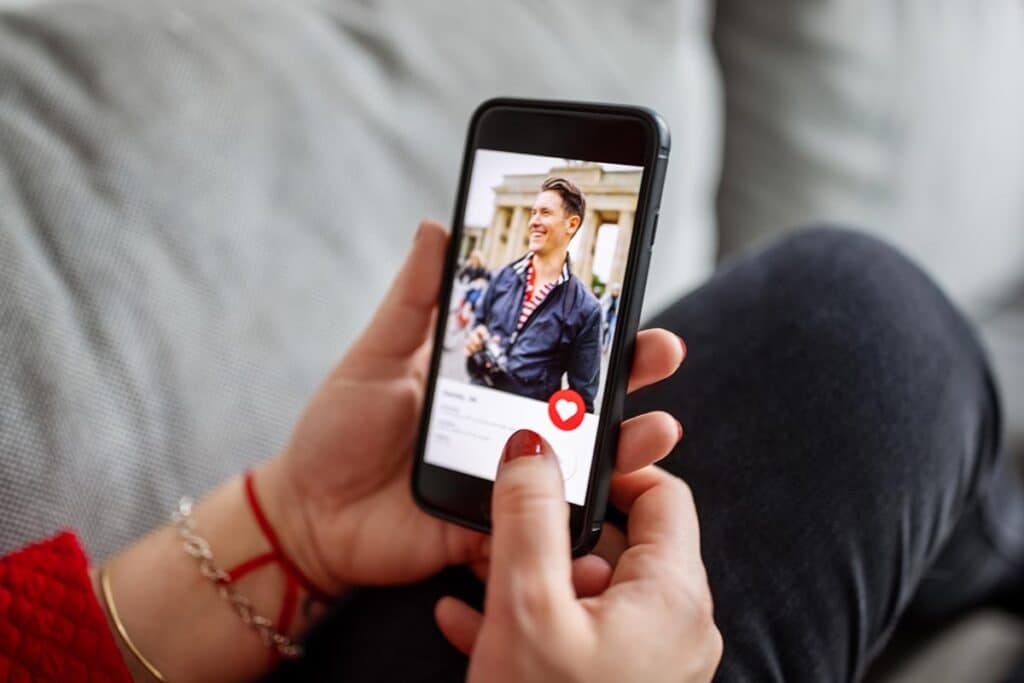
Like Roey, many other young Jews have found deeper community within their communities. For some, this shared experience and understanding has led them to only date other Jews — even if a shared religion was not previously a deal breaker.
Prior to October 7, Mishel, a fourth year student at Toronto Metropolitan University, did not place much emphasis on her potential partner’s identity, due to her future children being Jewish through matrilineal descent. Because of the Israel-Hamas war, she is now only looking for a Jewish partner to bond over their heritage and because they would understand the Jewish peoples’ historical and religious relationship to Israel.
“Obviously, it’s important to educate people, but I feel like in my relationship, I want to be heard and seen without having to always advocate,” she explained.
Related: Is Jewish matchmaking the future of dating?
Though support for Israel is important to her, Mishel expects her partner to have a nuanced view regarding the conflict, as she sees the war as catastrophic for both Israelis and Palestinians.
She believes that a potential partner’s response to the war reflects on their character as a whole: “I want them to be empathetic and kind so they can acknowledge that what’s happening in Gaza is obviously heartbreaking. I don’t want to be with somebody who’s celebrating any death.”
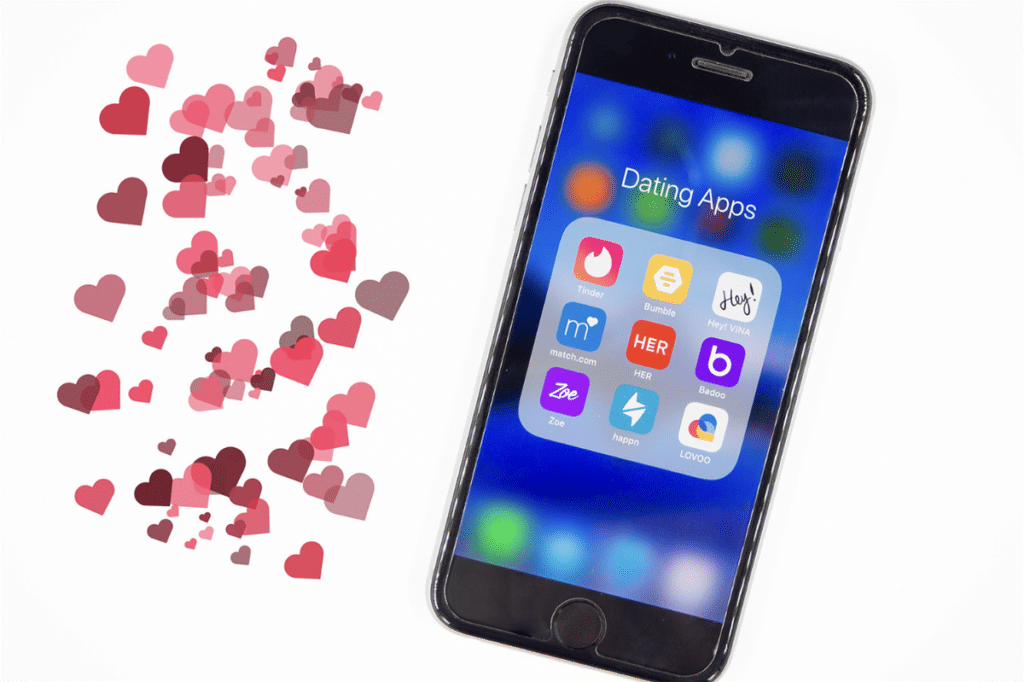
Mishel has historically shied away from dating apps, preferring to go to Jewish events through Hillel or the broader Toronto Jewish community. However, this has not prevented her from experiencing antisemitism while dating.
She recalled that when her Instagram account was public, men would try to “slide into her DMs.” When they received no response, they would send her Palestinian flag emojis or messages saying “Free Palestine.”
In Mishel’s experience, only other Jewish people have understood her positions on Israel or have been interested in learning more about the conflict. In her previous relationship, she felt like her non-Jewish boyfriend could not truly understand where she was coming from.
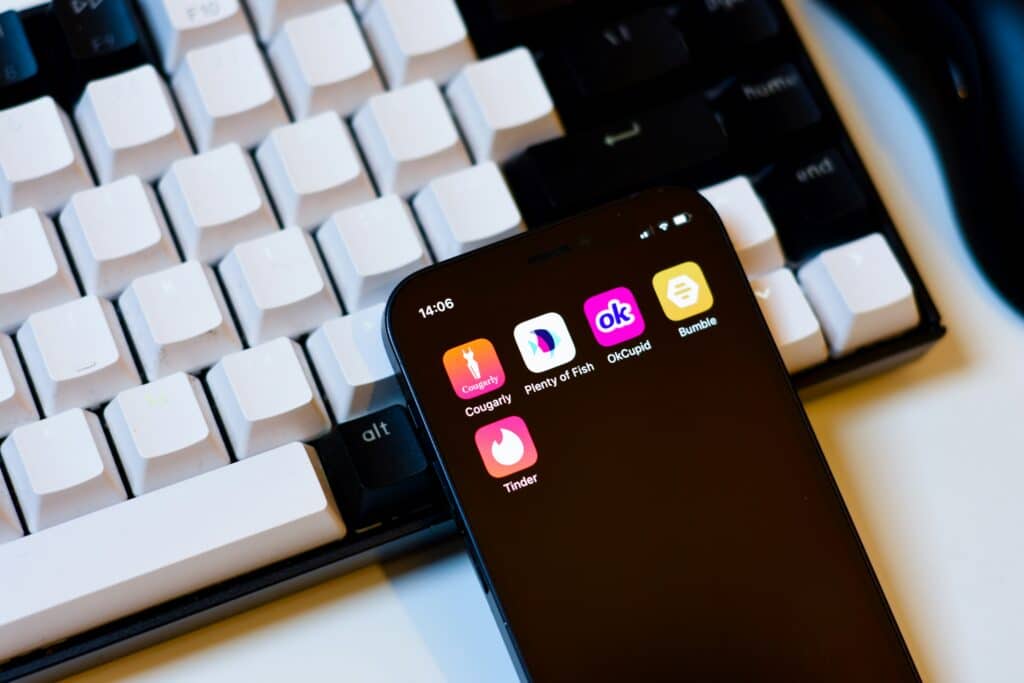
Views on the war in Gaza have become more important within the dating pool
Shaye, a student at Brock University in St. Catharines, Ontario, has experienced challenges with having her non-Jewish partner.
Due to her university’s small Jewish population, she chose to not filter her dating apps for only Jews. While antisemitism is not a problem with her Italian-Croatian boyfriend or his parents, who are “pro-Israel,” Shaye still struggles with her Jewish identity being understood by her partner. In particular, it is difficult for her to be as openly Jewish, particularly around her boyfriend’s friends, many of whom have posted problematic content on their social media regarding the war.
Related post: The best apps for Jewish dating, according to our audience
In order to avoid these challenges of dating someone who is anti-Israel, some Jewish singles have developed their own screening processes for potential partners, outside of just filtering dating apps to show only Jews. Israeli-Canadian Rachel, 20, said that after Oct. 7, her approach to meeting someone on a dating app has changed.
If someone’s profile didn’t say they were Jewish, she now asks about views on Israel, as well as their willingness to hear new information and be receptive to changing their opinions right off the bat.
“Immediately [after matching], the first question I would ask people was ‘Hey, I’m Israeli, do you support Israel?’ That was always the first thing coming out of my mouth,” she said.
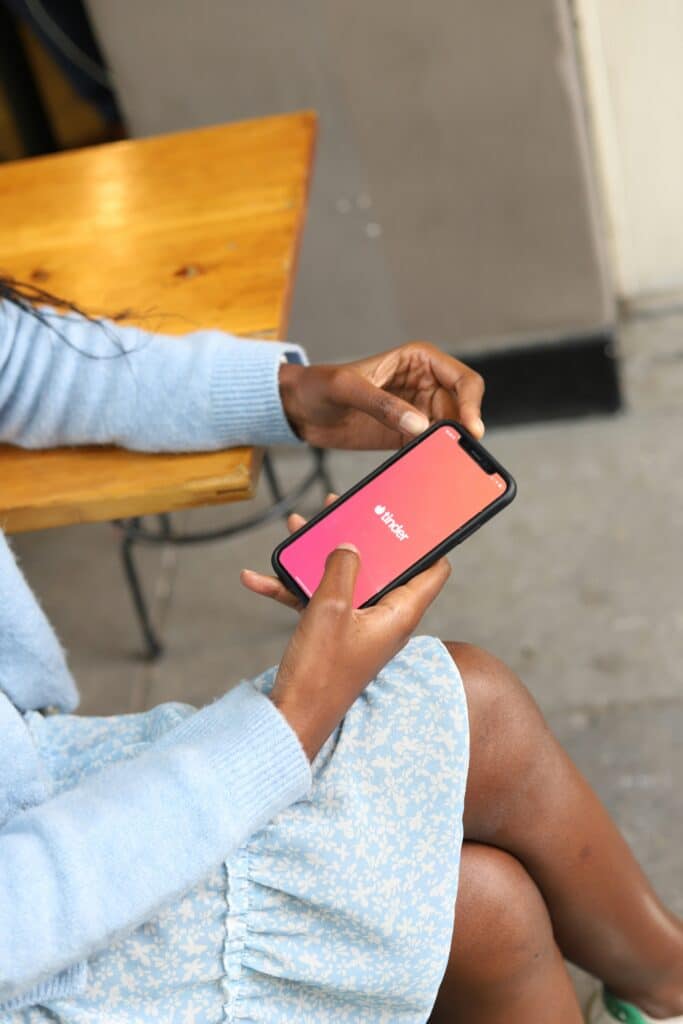
As divides between pro-Israel and anti-Israel groups have widened, particularly among Gen Zs, young Jews have been forced to hone in on the opinions of their potential partners, especially when their date expresses views that are explicitly antisemitic, even unintentionally.
Especially as the war in Gaza has become more prominent on social media and in the news, finding a partner willing to listen, learn and understand politically has become more important to these singles.
“I put more of a focus on [someone’s views on Israel] because people care about it more, so people tend to have stronger views, but not necessarily more education,” Roey said. “So many people tend to have easily extremist views on the issue, or views that highlight our inherent difference in values. Many people may not have cared whether I was Jewish before, but now have more of a bias against Jews.”
Originally Published Oct 7, 2024 01:00PM EDT
